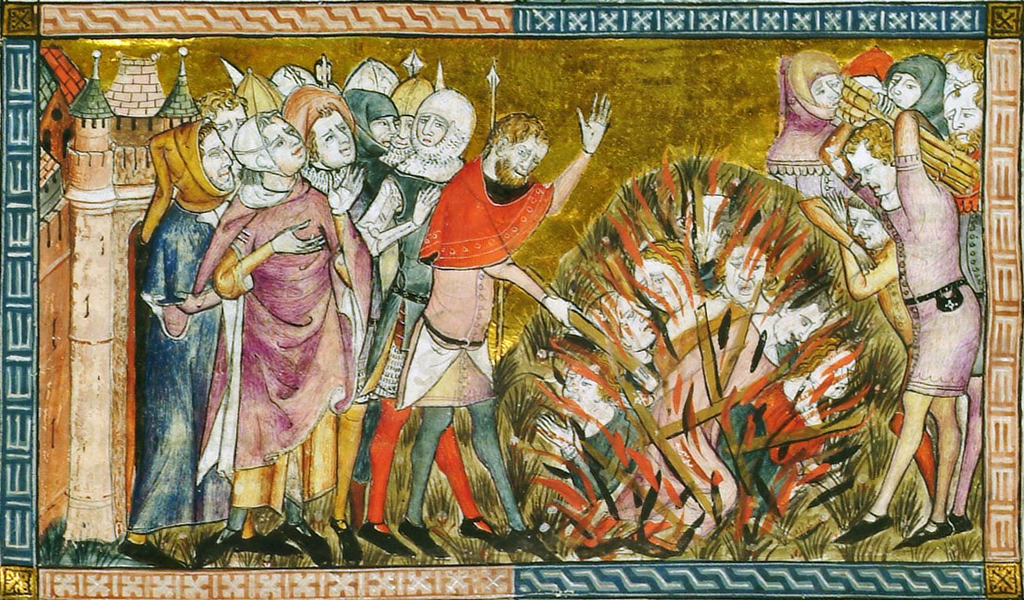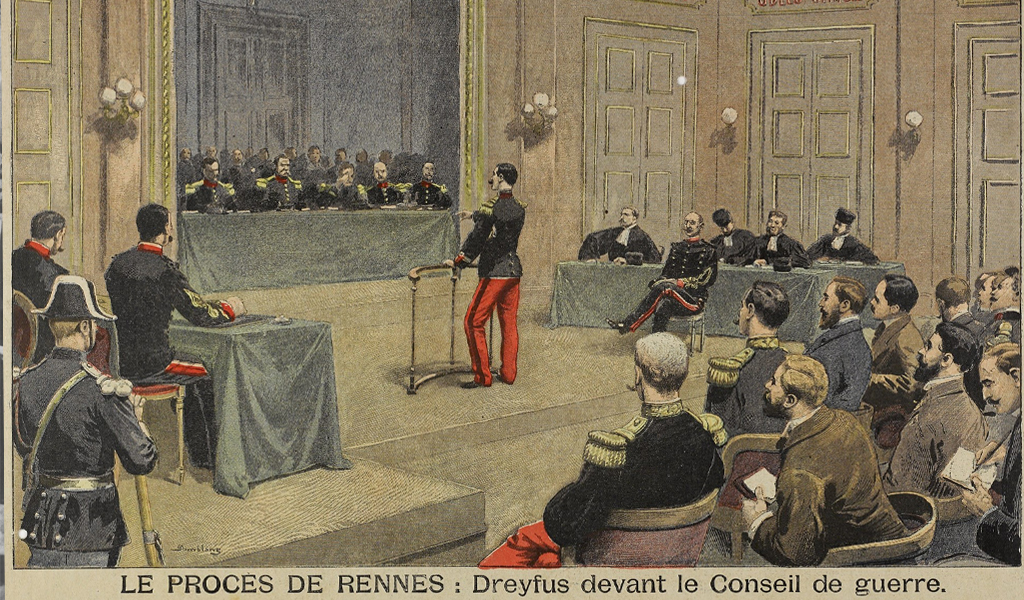How is anti-Semitism defined?
Theodor W. Adorno’s definition of anti-Semitism
The German philosopher and sociologist Theodor W. Adorno (1903-1969) defined anti-Semitism succinctly as follows: “Anti-Semitism is the rumor about the Jews”.

The IHRA’s definition of antisemitism
The International Holocaust Alliance (IRHA) defines antisemitism as follows: “Antisemitism is a particular perception of Jews that can be expressed as hatred towards Jews. Anti-Semitism is directed in word and deed against Jewish and non-Jewish individuals and/or their property, as well as against Jewish communal institutions or religious bodies.”
The German government has added the following statement to this definition: “In addition, the state of Israel, which is understood as a Jewish collective, can also be the target of such attacks .”
Definition of anti-Semitic criticism of Israel
For us at FokusIsrael.ch, criticism of the state of Israel is considered anti-Semitic if the following criterion is met: “Criticism of Israel follows different principles than criticism of all other states”.
The slogan “From the river to the sea”, which is often used in today’s political debate by supporters of the Palestinians and by the Palestinians themselves, is also anti-Semitic. This demand implies the destruction of Israel as a Jewish state. See the media release of 18.0.24 of the Swiss Federation of Jewish Communities.
In general, we at FokusIsrael.ch feel that Theodor W. Adorno’s definition of anti-Semitism is better than that of the International Holocaust Remembrance Alliance. On the one hand, this is due to its brevity and conciseness. Above all, however, Adorno’s definition also encompasses anti-Semitism that does not express itself as hatred or violence, but on the contrary appears quite positive at first glance. This can include statements such as “You Jews are particularly enterprising”, “You Jews are very intelligent”, “You Jews are very powerful”, “You Jews are very rich”, etc., because even these positive statements are rumors. These positive statements are also rumours and generalizations that are used to distinguish Jews from other population groups in a way that only applies to them. This does not have to be antisemitic, but it can be. (e.g. enterprising or rich = greedy for money, intelligent = elitist, powerful = world conspiracy).
©Tachles Podcast The literary scholar Jan Philipp Reemtsma discusses Theodor W. Adorno’s essay “Combating anti-Semitism today”.
© Arte TV The history of anti-Semitism. ARTE documentary series in four parts
“From the river to the sea” is clearly anti-Semitic






